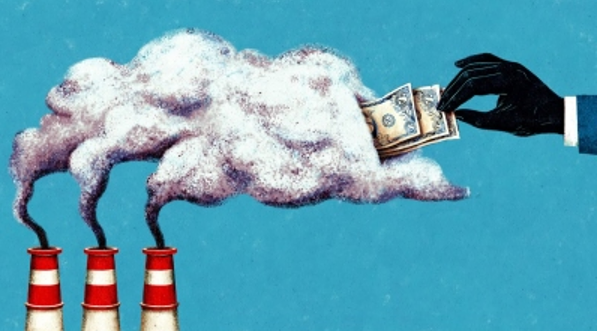
Unprecedented EU Legislation Will Charge on Carbon on Imported Goods
On 18 April 2023, the European Parliament approved the final version of the Carbon Border Adjustment Mechanism (CBAM), after a vote in plenary. The regulation still needs a formal endorsement by the member states of the European Union (EU), which should take place in the coming weeks, to then be forwarded for official publication.
The CBAM aims to control, and during the regular phase of regulation charge, for the entry into the EU of certain goods imported from countries outside the EU that have regulations on carbon emissions considered less stringent by the European Commission. The aim is to prevent “carbon leakage” – a situation in which companies move their production to countries with lower emissions standards to avoid paying for emissions allowances in the EU.
This is the first measure presented and approved of this nature in the world. The mechanism will work through the purchase of CBAM certificates by the importer who intends to internalize foreign products in the European Union, with each certificate equivalent to one ton of equivalent CO2 emissions incorporated in the imported product.
Among the sectors that will be part of the mechanism from the beginning are iron and steel, aluminum, cement, fertilizers, hydrogen and electricity, as well as some downstream products and derivatives. In the coming years and with the regulations already in place, the European Commission will analyze the possibility of expanding the scope of the measure to other sectors such as organic chemicals, polymers and several other sectors already subject to the European Union Emissions Trading System (EU ETS).
As much as the regulation approaches its entry into force, several items and operational structures of the measure will still be regulated by complementary legislation that has not yet been published. Among the topics that will still be regulated, it is worth mentioning the details about the calculations for controlling emissions, information on how the checks will be carried out on exporters, the possibility of reducing the number of CBAM certificates required if a carbon tax has already been paid in the country of origin of the imported product subject to CBAM and many other topics.
The CBAM will present enormous challenges for Brazilian exporters, due not only to the costs of adaptation probably falling on producers, even because they have greater control over the emissions generated in their productions than importers.
It is also worth mentioning that the burden for exporters is much greater than that for the European producer of the same products. By requiring the purchase of certificates, the need for verification of emissions, the submission of annual declarations and other requirements to the importer, the exporter of the product included in the CBAM is subject to a considerable increase in transaction costs, which in turn are non-existent for the local producer.
One of the biggest debates that this European legislation raises is precisely the relationship between the multilateral trading system, in particular the rules of the World Trade Organization, and international governance in the area of the environment and climate change, especially UNFCCC and the Paris Agreement.
The final approval of the CBAM will certainly trigger several reactions, whether from other developed countries equally concerned about carbon leakage (interestingly the same countries that have been intensifying green subsidies in their domestic markets), from countries exporting the products covered by the new European legislation, and from developing countries that have been charging developed countries for climate finance and access to technology and markets to ensure and enable its sustainable development. As presented in the first Report on Determining the Needs of Developing Countries related to the implementation of the UNFCCC and its Paris Agreement, implementing a just transition to a low-carbon, climate-resilient economy in developing countries will cost trillions of dollars.
Meanwhile, it remains for Brazilian producers and exporters to prepare and anticipate the future requirements of the European Regulation, evaluating opportunities and points of attention of the new measure. Our team is closely monitoring this new legislation, as well as its technical, operational, legal and political-commercial developments.

